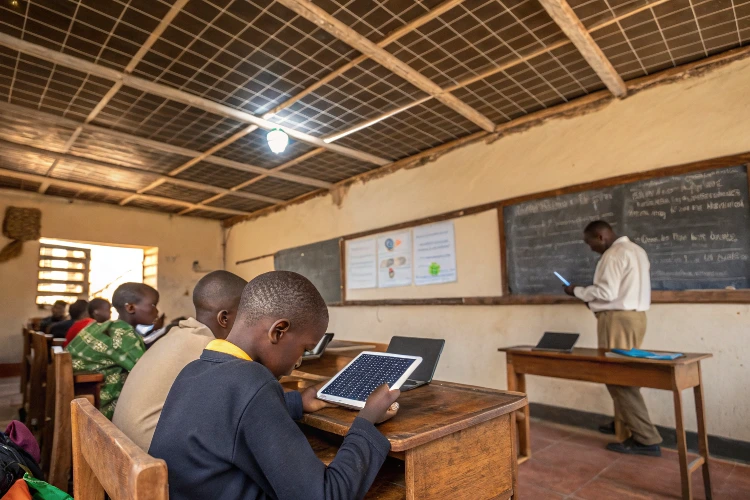UNESCO Expands Access to Digital Education in Africa

UNESCO has launched a new initiative aimed at expanding equitable access to digital education across Sub-Saharan Africa, targeting underserved regions with low internet penetration, limited infrastructure, and a widening learning gap exacerbated by recent global disruptions.
A Multilateral Push for Inclusive Digital Learning
The program—titled “Digital Futures for All: Africa Edition”—will deploy open-source learning platforms, localized digital curricula, and solar-powered connectivity hubs to support millions of students and educators. Working in partnership with African governments, telecom providers, NGOs, and regional education ministries, UNESCO aims to catalyze a continent-wide shift toward resilient, inclusive, and scalable digital education models.
“Education is a fundamental right—and in today’s world, that right must include digital access,” said Audrey Azoulay, Director-General of UNESCO. “This initiative is about creating digital learning environments that empower every learner, regardless of geography or income.”
Key Objectives and Rollout Strategy
The initiative, rolling out through 2026, focuses on three critical pillars:
-
Infrastructure & Access: Deploying offline-first digital learning devices, solar-powered classrooms, and community Wi-Fi in rural and remote areas
-
Curriculum & Language Inclusion: Creating multilingual, culturally contextualized content in African languages and digitizing national curricula for mobile delivery
-
Teacher Empowerment: Offering professional development programs to upskill over 200,000 educators in digital pedagogy, content creation, and hybrid instruction
UNESCO will work closely with regional hubs in Kenya, Ghana, Rwanda, and Senegal, which will serve as centers of excellence and digital education incubators.
Leveraging Partnerships and Public-Private Synergies
The expansion is backed by a $450 million funding commitment, sourced from UNESCO member states, the African Union, and strategic partners including the World Bank, Google for Education, Huawei, and UNICEF. These partnerships will ensure deployment of affordable edtech tools, open-access LMS platforms, and robust cybersecurity protocols.
Additionally, local tech startups and youth-led organizations will be empowered through grants to co-develop learning apps and community learning networks, ensuring sustainability and local innovation.
Long-Term Impact and Global Alignment
This initiative directly supports the UN’s Sustainable Development Goal 4 (SDG 4): Quality Education, and reflects UNESCO’s broader vision for digital sovereignty, inclusive innovation, and equitable knowledge access.
By 2030, the program aims to:
-
Reach over 50 million students with enhanced digital education
-
Reduce the urban-rural learning disparity by at least 30%
-
Train a new generation of digitally fluent educators and administrators
